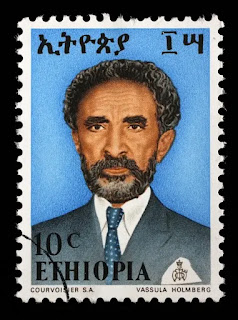On 27 August 1604, the Golden Temple in Amritsar, known as Sri Harimandir Sahib or Darbar Sahib, was officially unveiled. This sacred site is the holiest Gurdwara (place of worship) in Sikhism and is a symbol of spiritual and historical significance for Sikhs around the world.
Key Highlights of the Unveiling:
Foundation and Construction: The foundation of the Golden Temple was laid in 1581 by Guru Ram Das, the fourth Sikh Guru. However, it was under the leadership of Guru Arjan Dev, the fifth Guru, that the construction was completed. The temple was designed to be accessible from all directions, symbolizing openness and acceptance.
Installation of the Guru Granth Sahib: On 27 August 1604, Guru Arjan Dev installed the Adi Granth (the first version of the Guru Granth Sahib, the holy scripture of Sikhism) in the Golden Temple. This moment marked the temple's formal unveiling and its establishment as the central place of worship for Sikhs.
Architecture and Significance: The Golden Temple is an architectural marvel, combining elements of Hindu and Islamic styles. It is surrounded by the Amrit Sarovar (a holy tank), which is believed to have healing properties. The temple's unique design, including its lower level entrance, symbolizes humility.
Historical Impact: The unveiling of the Golden Temple was a significant moment in Sikh history, as it established Amritsar as the spiritual and cultural center of Sikhism. Over the centuries, the temple has been a site of pilgrimage, devotion, and resilience.
Today, the Golden Temple continues to be a place of immense importance, attracting millions of visitors and devotees from around the world who come to seek spiritual solace and participate in the tradition of Langar (community kitchen), where free meals are served to all, regardless of background.









